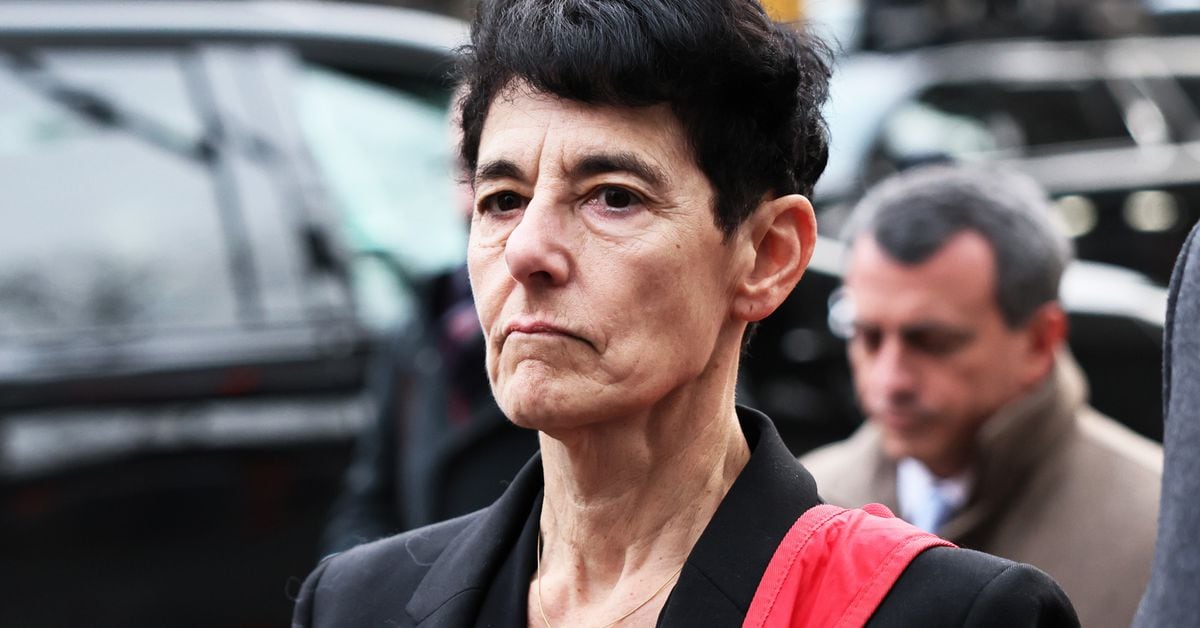
A property linked to Sam Bankman-Fried’s political spending was pulled off the market by the seller as a sign of “good faith” after being linked to FTX customer funds, the Wall Street Journal reported.
The townhouse – located a few blocks from the United States Capitol, in the Capitol Hill neighborhood – is owned by Guarding Against Pandemics, a nonprofit organization established by Gabriel Bankman-Fried, brother of the bankrupt exchange’s former CEO.
In court filings from January, FTX’s new management claimed that customer funds were misappropriated to purchase the property for $3.3 million. The Guarding Against Pandemics pulled the listing after media outlets contacted the real-estate agent about the property.
A spokesperson for Guarding Against Pandemics told the WSJ that Gabriel is no longer part of the organization. Recently, FTX’s creditors requested subpoenas for documents from Bankman-Fried’s mother, Barbara Fried, and Gabriel, claiming they failed to respond to previous information requests.
According to property records, the nonprofit organization tried to sell it for the same price it paid in April 2022 to lobbyist Mitch Bainwol and his wife, Susan Bainwol.
Related: FTX sister company Alameda Research sues Voyager Digital for $446M
The three-story building is 4,100 square feet, has four bedrooms, and was reportedly being used as the organization’s office, with workstations set up in various rooms. A few open houses were held by the real estate company in charge of the listing, but no purchase offers were received.
FTX’s donations to political parties and candidates are under investigation by U. S. prosecutors. Bankman-Fried was the second-largest “CEO contributor” to Joe Biden’s 2020 presidential campaign, contributing with $5.2 million. Days ahead of the midterm elections in November 2022, he admitted being a “significant donor” to both sides of the political spectrum in Washington.
The exchange’s new management team has been working to identify funds to repay creditors since filing for bankruptcy on Nov. 11. According to FTX attorney Andy Dietderich, the exchange had “recovered $5 billion in cash and liquid cryptocurrencies” as of January.
Clawback provisions could force businesses and investors to return billions of dollars paid in the months before the crypto exchange’s collapse, Cointelegraph has reported.










